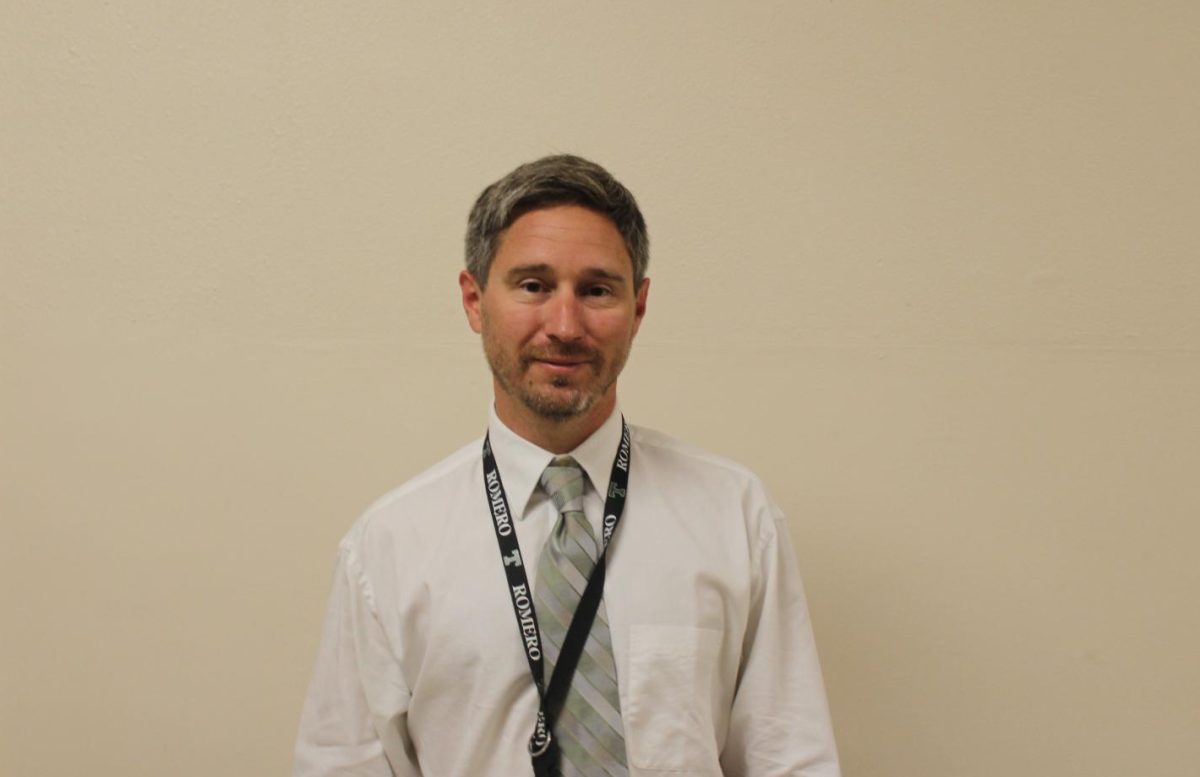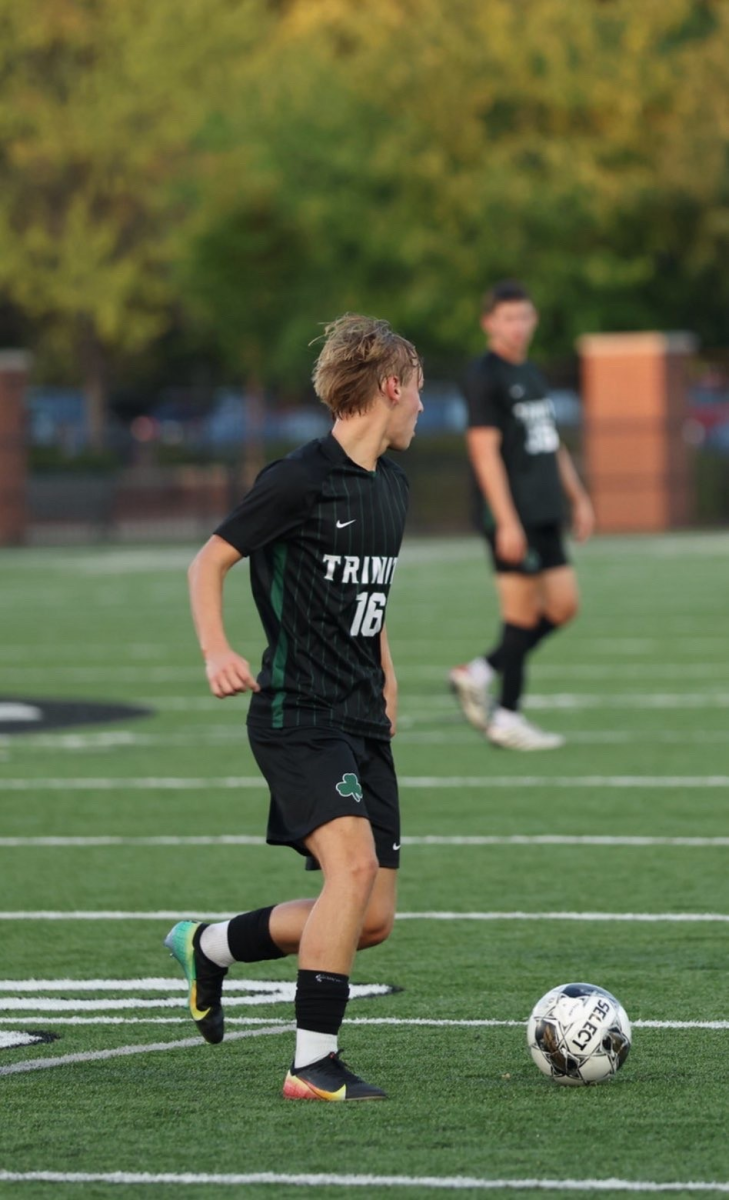Every class in Trinity High School has students who amaze classmates and teachers on a daily basis with their academic prowess. With college scholarships and getting in the college of your choice on the line, how do these guys become such good students?
Trinity counselor Mrs. Paige Davis said, “A student who achieves excellence works hard, despite challenges, communicates with teachers, goes to school early and stays after when necessary — and does homework.”
With so many daily distractions and obligations, how can students hope to excel in the classroom?
Science teacher Mr. Michael Budniak said, “The best of the students know how to manage their time well enough to devote energy outside the classroom on extracurriculars and other interests.”




Among the many achievers at Trinity are senior Blake Merkley and sophomore Phillip Sandman.
Sandman describes himself as “a student who works hard every night and devotes my high school career to academics.” Sandman, who now stands at No. two in the class, has been commended my many teachers, who say he works well at home and in class.
Sandman, who runs track and cross country in addition to his schoolwork, said juggling the workload can sometimes be tough.
As a senior who is also an athlete, Merkley manages his time by staying “organized. You can’t get behind because the work piles up really quickly.”
Merkley defines an achiever as “someone who is not only successful but also tries to better himself every day.” Self-motivation is essential to achieving, according to Merkley. “I’m a very competitive guy,” he said. “I like competing against fellow students, but my main motivation is beating the test.”
Being an academic achiever has many benefits, but it can have some negative effects on students who do not handle the workload properly. Davis said, “Some students put too much pressure on themselves, which is not good for them.”
Parents can have a positive impact on their sons’ success by finding the right balance, according to Budniak. He said, “Parents need to find the balance between putting pressure on the student to succeed and a hands-off approach.”
“Excessive emphasis” on academics is a term sometimes used when discussing this subject. This refers to the internal and external issues a student might have that cause stress. Davis said, “Some students feel like an A is not good enough. That mentality will surely end up causing stress.”
What makes achievement positive is knowing how to get things done in a way a student wants while managing anxiety. Merkley said, “’Excessive emphasis’ does exist, but personally I have not experienced it.”
Keys to staying on a positive academic path are time management and keeping the lines of communication open with parents, teachers and counselors.







